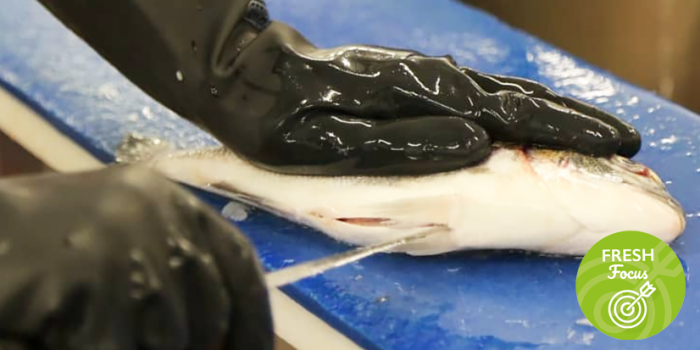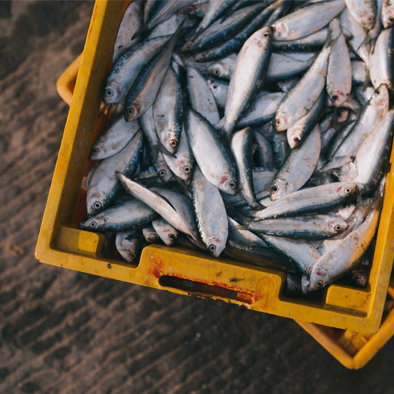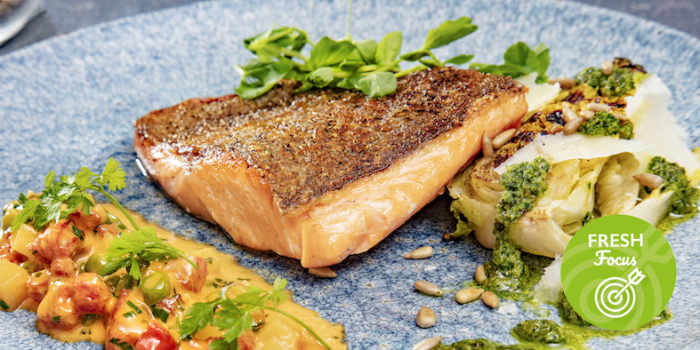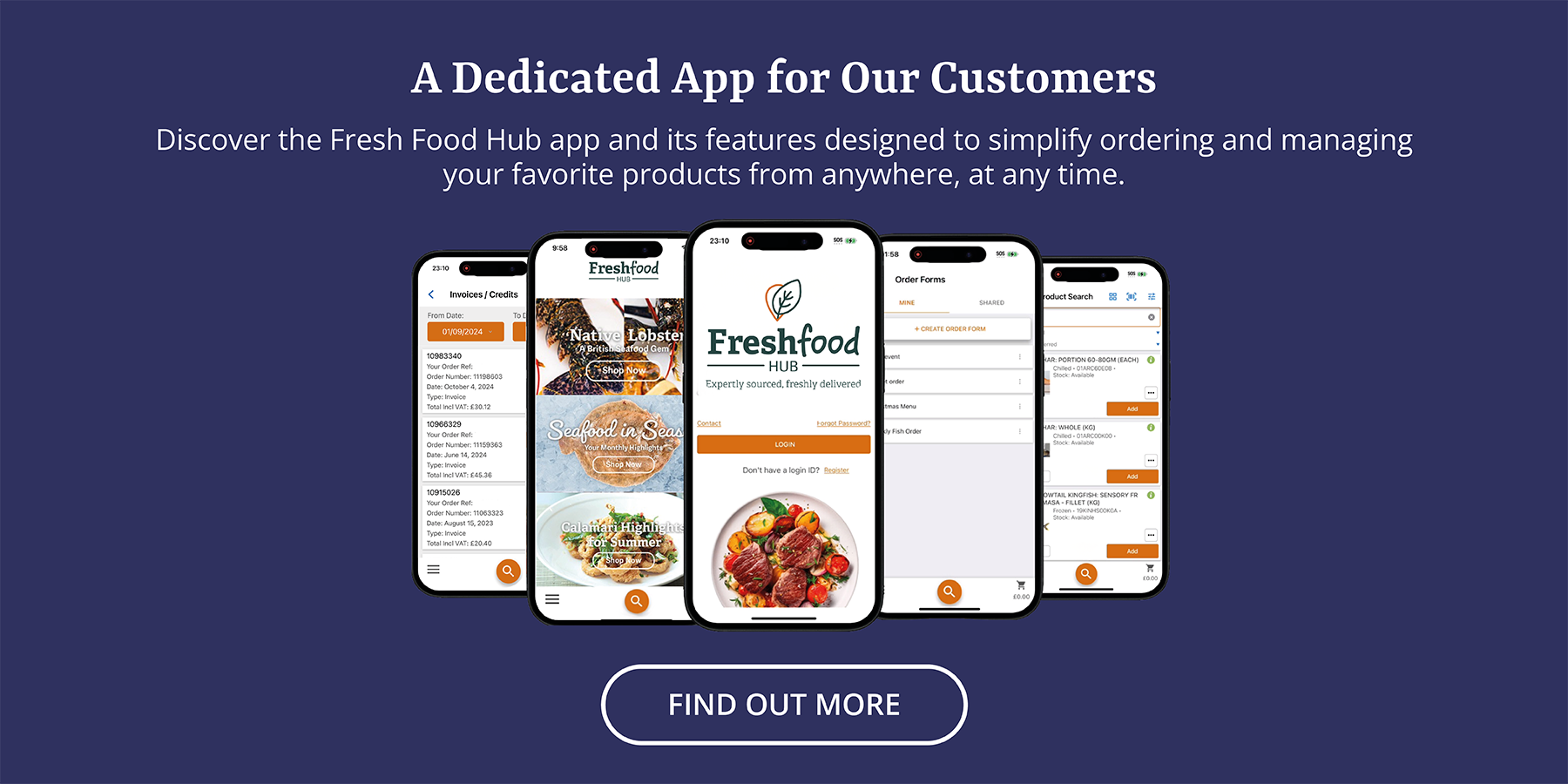It’s not quite throwing money in the bin, but if £18 in every £100 spent by foodservice and catering businesses on food is wasted, the end result is much the same.
Food waste isn’t just bad for the environment—it’s a drain on your bottom line. According to WRAP, UK foodservice businesses throw away 18% of the food they purchase, costing the industry over £3.2 billion annually. The good news? Tackling food waste can deliver immediate savings and appeal to sustainability-conscious customers

Understanding Food Waste
Food waste in hospitality typically falls into three categories: spoilage (expired food), preparation waste (unused peelings and offcuts), and plate waste (uneaten food). WRAP’s Guardians of Grub campaign highlights ways to address each issue.
Reducing Spoilage
- Smart ordering: Only purchase what you need.
- Savvy storage: Rotate stock to use older items first.
- Proper labeling: Date and store ingredients correctly.
- Freeze surplus food: Preserve freshness and extend shelf life.
Minimizing Preparation Waste
- Smart menu planning: Use ingredients across multiple dishes.
- Efficient techniques: Train staff to maximise ingredient use.
- Creative cooking: Incorporate offcuts into stocks, sauces, or new dishes.
- Review menus: Remove unpopular or time-consuming dishes.
Cutting Plate Waste
- Portion control: Offer size options and takeaway boxes.
- Customer engagement: Allow customisation to prevent unwanted garnishes.
- Menu flexibility: Let customers pick sides to reduce uneaten food.
As well as the savings generated by implementing measures to reduce waste, tackling the issue can also have a direct impact on customer choice when it comes to eating and drinking out-of-home. Research for Mintel found that 1 in 5 UK adults would choose a specific dining out venue if it had a focus on sustainability.


Supplier Support & Menu Planning
As a specialist supplier, Direct Seafoods embraces a ‘nose-to-tail’ approach, helping chefs minimise waste while maximising value. For instance, offcuts from premium fillets can be repurposed into fishcakes, goujons, or fish pies.
Smart Buying & Stock Management
- Talk to suppliers regularly to access the best-available produce.
- Use seasonal ingredients for cost-effective, high-quality dishes.
- Opt for flexible menu descriptions (e.g., catch of the day), allowing creative use of available stock.
- Monitor customer plate returns and adjust portions accordingly.
- Buy in bulk wisely, focusing on non-perishables to reduce packaging waste.

WRAP estimates that the hospitality sector accounts for 12% of total UK food waste, and costs the industry more than £3.2 billion a year in terms of food that is paid for but never eaten. In all, WRAP estimates the sector throws away an estimated 1.1 million tonnes of food each year, at least 75% of which could be avoided with more attention and better procedures.
Our team are on hand to support you and discuss your requirements in order to provide the best fresh ingredients for your dishes.
Follow us on social media for regular updates on Instagram, LinkedIn, Twitter and Facebook



